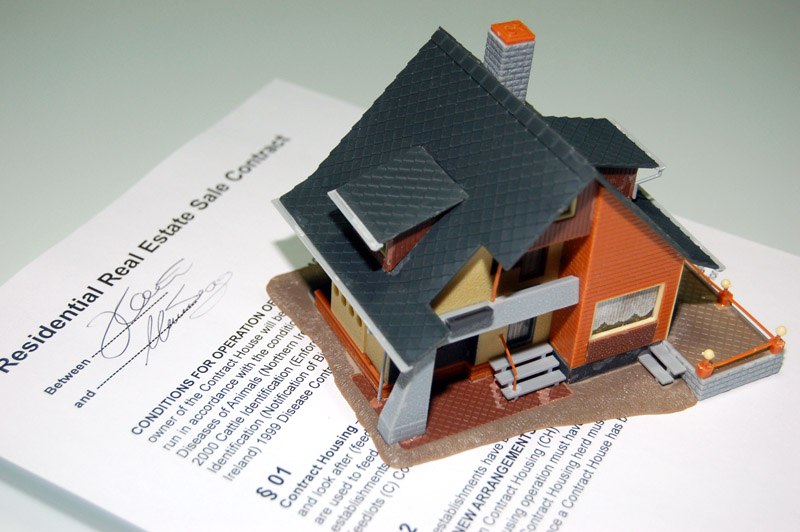Home is where we live. Home is a place we eat, sleep, and enjoy family.
Investing is what we do with savings. Different investments involve different levels of risk. The potential reward is always related to the level of risk. Your risk tolerance depends on many things.

Takeaways
- Cash flow matters
- Vacancy rates affect cash flow
- All associated costs affect cash flow
Real estate is one of many investing opportunities. Real estate today may be a great investment, and a very smart move, for some people.
Over the past five years many renters have saved thousands of dollars and if they stashed it away, created a nice little nest egg. Renting has been much less expensive than owning and values have dropped.
Real estate markets always cycle, up and down. There are some facts about this current cycle that make it different than any that has come before it, ever. Today every real estate investor should understand what is different about this cycle.
The market will come back, demand will increase, the product may change, but supply will shrink, and appreciation will come back to the market, guaranteed. No one can say when but someday it will.
Stable markets tend to have the least risk; of course, they appreciate slowly over longer periods of time. Real estate as an investment has many benefits including potential income tax deductions, potential monthly income, potential appreciation, or increase in value. Real estate can provide an excellent retirement income.
The process of selecting your real estate investment property is considerably different and more complicated than selecting a home to live in. Qualified professional assistance to help make sure it works out the way you plan it, is very important. Not all agents are created equal.
Did You Know?
Many recent investors, I would really call them speculators paid no attention to the numbers, guess what the numbers matter.
Rental income in relation to price is not the same as return on investment. The Cap rate on commercial property may or may not consider expenses.
Cash flow will always be reduced by mortgage payments, maintenance costs, management costs, property taxes, hazard insurance, HOA dues, SIDs, and vacancy rate.
Maintenance and upkeep costs should be estimated on the higher side because they usually cost more than you expect.
Tenant selection can be tough and even the best tenants do normal wear and tear, damage to the property warns OmniKeyTexas.com. A bad tenant can cost you thousands and months of no income. Good tenants just like agents or employees are hard to find and sometimes hard to keep.
Rentals rates or fair market rents go up and down with supply and demand.
Property management can be expensive and good managers are hard to find.
Any of these if not planned for and anticipated, can lead you to major headaches. Not to mention put you in the foreclosure line.
Real Estate is a long-term investment. It is not liquid like a stock.
A well thought out plan can provide substantial retirement security, both in terms of net worth and income.
Monthly cash flow is critical to understand and reserves are a must.
No one should have too many eggs in any one basket, ever. Diversification and asset allocation provide potential stability.
The current stage of this real estate cycle is presenting opportunities. Financing for both residential and commercial properties is available. You may have to put as much as fifty percent down or as little as twenty percent, but qualified buyers can borrow money today.
You are now armed with some knowledge, enough to discuss some of the important potential benefits and serious pitfalls of buying and owning real estate as an investment.
The selection of the right properties depends on your situation, goals, needs, and time frame.
Many future retirees purchase with the plan to move into the home in a few years when they retire, it is a great plan. Your needs, in this case, will play a much larger role in the property selection. Until you actually move in, all this stuff will still apply to you and your new investment, unless you plan to use it and keep it vacant.
There are other ways to invest in and own real estate, like real estate investment trusts (REITs), they are generally liquid and you need to discuss them with your financial planner. They invest in every type of real estate; you can own hotels, shopping malls, apartment buildings, medical buildings, etc. Please do not go buy one these without fully understanding it.
Read Also:
The opportunities coming to the Market will be here for some time, take your time. Do your homework, and don’t let anyone push you too fast. Before signing any offer you should fully understand every aspect and expense of your new investment.
Historically equity has been built up slowly over years, even decades of living in the same home. Somewhere along the line, driven by fast bucks (Greed and Speculation), people confused their home with their investments. This fundamental misconception has to lead many to a disastrous end and damaged the market badly.